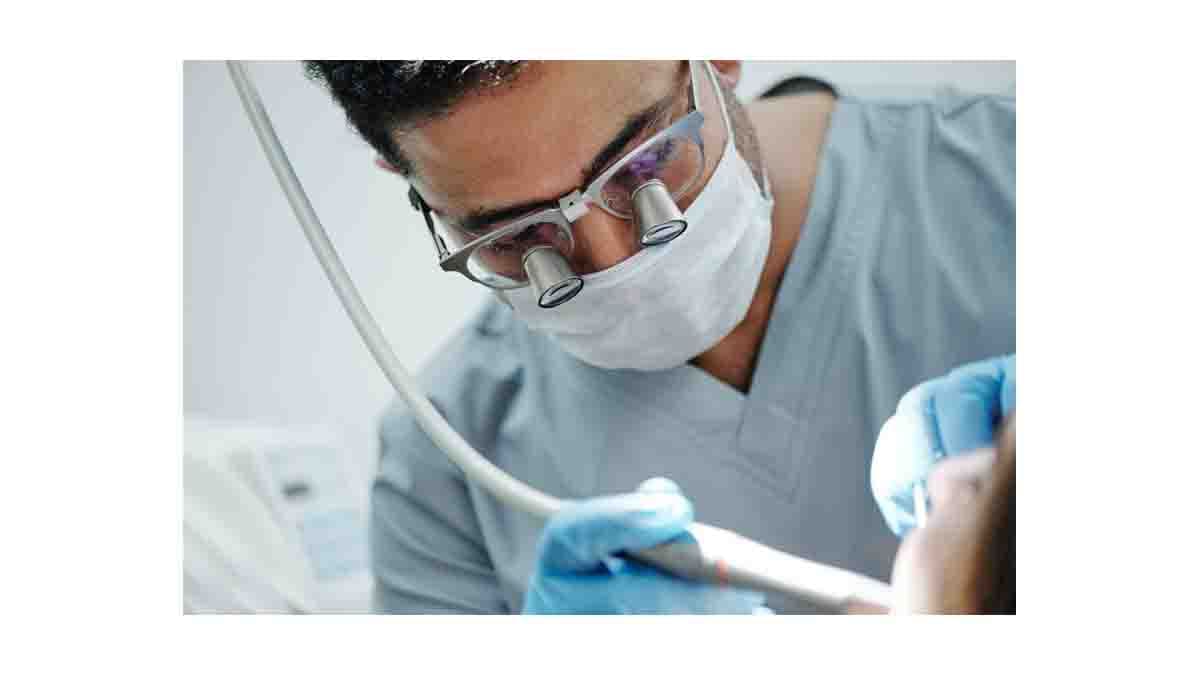Is 3.6 A Good Gpa For Dental School? The road to becoming a dentist is long, both in terms of time and the massive amount of hurdles you must jump through.
A different GPA is needed at each university to be considered for admission to dental school. Although the average GPA is 3.5, this is the best of the bunch.
When it comes to semester hours in science courses like biology, chemistry, and physics, students with a GPA of 3.7 are generally thought of as having excellent grades in previous academic classes.
Read on if you are a predental student who has questions about dental school requirements and the best GPA for dental school.
Is 3.6 good enough as a GPA for dental school?
A GPA of 3.6 will suffice by dental school standards, because while the minimum GPA requirement varies by institution, it typically ranges between 3.0-3.5, which you would pass regardless.
That being said, it is important to note that admission to dental school can be quite competitive due to the large number of applicants that schools receive each year, so it will take more than a high GPA to secure a seat.
Relevant undergraduate courses, job shadowing or other work experience, and high Dental Admission Test (DAT) scores can also help your application.
Does a low GPA mean you can’t get into dental school?
It is not uncommon for certain dental schools to deny admission to candidates with lower GPAs. When it comes to minimum GPA requirements, some schools require a 2.75, but the great majority require at least a 3.0.
The students may not be able to compete with other students who have higher GPAs even if they meet the basic eligibility requirements.
As a result, you’ll want to put in more effort to raise the bar on the other criteria.
As you read on the GPA for dental school, read also:
- 17+ Ways To Get a 4.0 GPA in College (FAQs)
- High School Graduation Cords (Meaning, Significance, GPA Requirements)
- GED Score to GPA (Meaning, Benefits, How-to, Calculation)
- Weighted vs Unweighted GPA (Meaning, How to Calculate, CGPA)
- How To Respond To Acceptance Letter For College (FAQs)
Is It Difficult To Get Into Dental School?
The competition for dental school admissions is tough, and it only becomes tougher with each passing year.
Applicants’ average GPAs and DAT scores are rising alongside the number of dental schools opening their doors to the future.
It’s not simple to get into dental school because of the rising number of people interested in dentistry and the increasing number of applicants.
Many more students apply each year than there are seats available in the universities.
What You Need To Know Before Going To Dental School:
With the right expectations, you’ll know exactly what lies ahead and how to achieve your goals when you become a dentist.
Like other medical professions, dentistry requires significant education and hands-on training. Your chances of success will rise if you prepare for the right kinds of college classes and internships.
For dental school, the following are the prerequisites:
1. A bachelor’s degree:
Consider taking pre-dental courses while completing your bachelor’s degree. You’ll need to take a lot of prerequisite science courses in college.
Depending on the dental program you choose, you may need as many as eight credits in physics, biology, general chemistry, and organic chemistry.
2. Do a work-study with a dentist:
You’ll need to shadow a few dentists before applying to dental school as you complete your degree requirements.
In most dental programs, applicants are required to spend at least 100 hours job-shadowing a variety of dentists.
Ask your dentist if he or she would be willing to help you. Find other dentists who might be able to help you meet this pre-dental school requirement.
3. Become more active in extracurricular activities:
Enrolling in extracurricular activities, such as clubs and athletics, will demonstrate to potential dental school employers that you are a well-rounded and committed student.
Consider joining a biology or health club after researching what’s available in your area.
Make sure to contact your professors in the sciences to see if they have any open positions for research assistants.
As you read on the GPA for dental school, read also:
- Which Statement Best Explains a Scholarship?
- How To Request For A Medical School Letter Of Recommendation
- 11+ Jobs that Pay $40 Per Hour Without a Degree (FAQs)
- Top Veterinary school in Florida (FAQs, Success tips)
4. Get involved with the Student National Dental Association (SNDA):
Over the past 40 years, the Student National Dental Association (SNDA) has been dedicated to promoting, aiding, and supporting the educational and social environments of minority students.
SNDA aims to create opportunities for its members to build stronger alliances amongst themselves, while fostering a feeling of community, in order to aid in the progress of minority dental students.
Sharing your career aspirations and interests with other professionals in the field is a great way to learn more about the dental school application process.
5. The Dental Admission Test (DAT):
The Dental Admission Test is a standard, multiple-choice test that people who want to go to dental school in the United States and Canada have to take.
You’ll need to put in the time and effort upfront if you want to do well on the DAT. If you fail the exam the first time around, you’ll have two more chances to do so during the next 90 days.
DAT scores of 19 or higher are typically preferred by dental schools. Preparation for the exam should begin at least three months in advance.
6. Make sure your dental school application stands out from the rest:
When narrowing down your top choices, do your homework on the schools you’re interested in attending and take into account the programs’ location and cost.
Consider visiting some of the schools on your college adviser’s recommended list to get a better sense of what they have to offer.
Prior to graduation, many students begin the process of applying to dental schools. You’ll need to include the following in your application:
- Filling out an application
- An official transcript from a college or university
- An account of one’s own experiences
- A total of four references
- A CV (or resume)
- The results of your DAT examination
- A record of the hours you spent observing at the workplace.
Frequently Asked Questions on Good GPA For Dental School:
Dentists and doctors are both equally challenging, despite the fact that dentistry is primarily concerned with the face. Like doctors, dentists are tasked with making cancer diagnoses.
The most challenging aspect of becoming a dentist is dental school and residency.
Applicants who live in the United States can expect to pay $251,233 to attend a four-year dental school while non-residents can expect to pay $321,575.
Between 2018 and 2028, there is a predicted 7% growth in the number of dentists working in the United States. Dentistry is expected to increase at a quicker rate than the national average during the next decade, which is reassuring. In fact, there are no signs of it slowing down at all.
Conclusion:
If you have a grade point average of 3.6, there is a good chance that you will be accepted into any dental school to that you apply.
You must have discovered some interesting ways that you can fit into the structure of dentistry by reading this article and meeting all of the requirements.
Awesome one; I hope this article answered your question.
Editor’s Recommendations:
- Top 5 Best Medical Schools in Ohio (FAQs)
- 10 Best Medical Schools for Pediatrics (Duration, How-to, FAQs)
- 10 Best Medical Schools in the Philippines (How-to, Cost, FAQs)
- 8 Best Medical Schools in Nigeria (Duration, Requirements, FAQs)
- 4 Best Jesuit Medical Schools in the US (Meaning, Duration, FAQs)
If you find this article good, please share it with a friend.




